Hours
- Mon - Fri
- -
- Sat - Sun
- Closed
Evening And Weekend
Appointments Available
Our Legal Blog
Your Resource For Legal Information
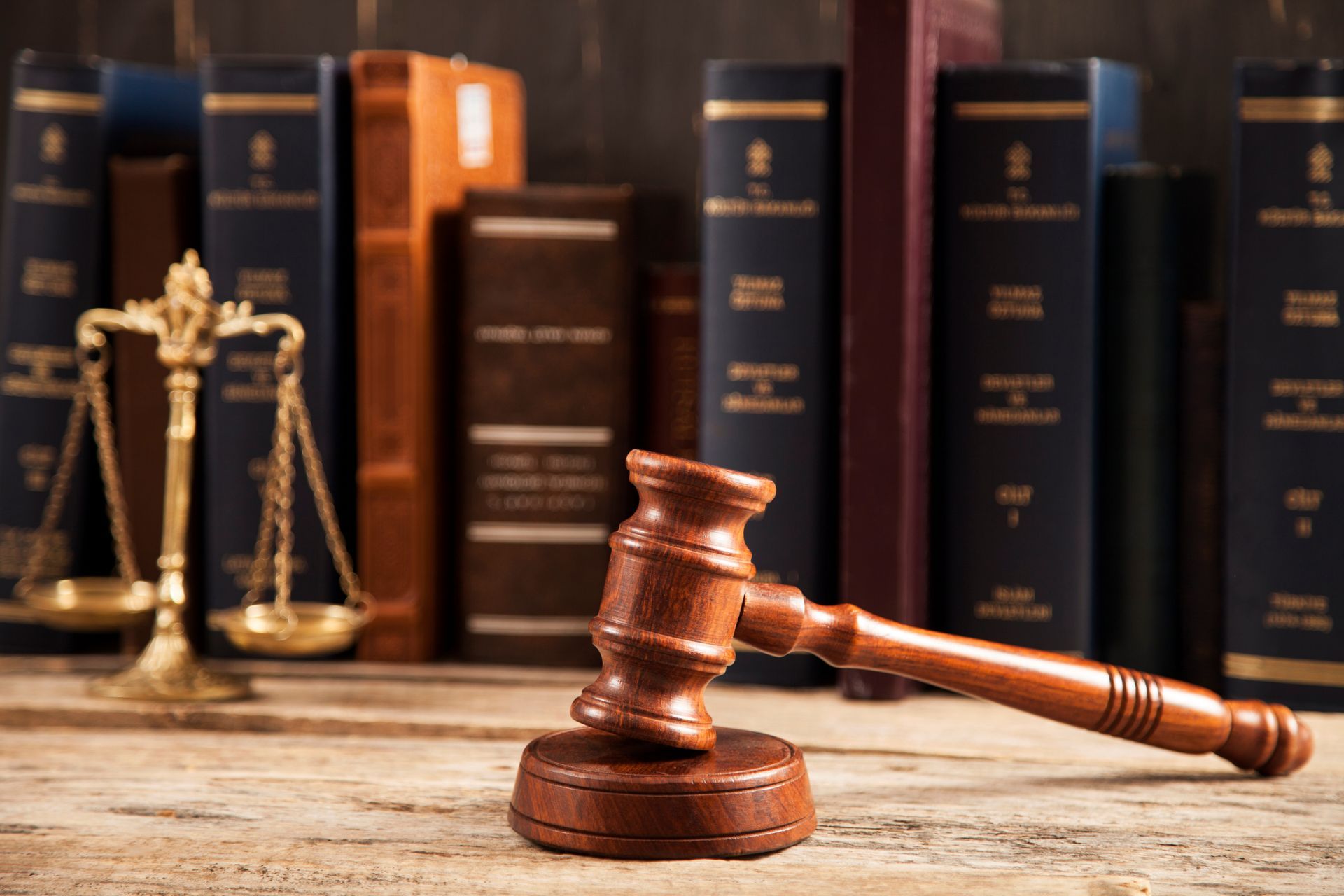
14 Mar, 2024
ThIf you're a resident of Colorado and considering filing for Chapter 7 bankruptcy or have recently done so, you might be worried about the long-term impact this could have on your credit report. Bankruptcy can provide relief from overwhelming debt, but it's also true that it leaves a mark on your financial history. Understanding how long this information stays on your credit report and the consequent effects is essential for rebuilding your financial stability. The Duration of Bankruptcy on a Credit Report Typically, a Chapter 7 bankruptcy will remain on your credit report for 10 years from the filing date. This duration is longer than for a Chapter 13 bankruptcy, which usually stays for 7 years. The reason for the longer time frame with Chapter 7 is because, unlike Chapter 13, it involves liquidating assets to clear debts without requiring a repayment plan. The ten-year mark is a general guideline, as the exact time bankruptcy information is removed can vary depending on the policies of the credit reporting agencies. However, Coloradans can expect their credit history to reflect their Chapter 7 filing for about a decade. Consequences on Your Credit Report The immediate consequence of having a bankruptcy on your credit report is a significant drop in your credit score. This can affect your ability to get approved for credit cards, loans, or a mortgage in the future. Furthermore, the interest rates you qualify for could be notably higher, as lenders will view you as a higher risk borrower. Even though bankruptcy can severely impact your credit, its effect diminishes over time, especially if you take positive steps towards rebuilding your credit. This can include measures such as: Paying any remaining debts consistently and on time. Keeping your credit utilization low. Applying for a secured credit card and using it responsibly. Avoiding incurring new debts that cannot be managed comfortably. Moving Forward After Bankruptcy While ten years may seem like a long time, it's essential to focus on what you can control, such as your spending habits and financial management moving forward. You may even notice that after a few years, if you've kept good financial habits, you can still access credit and may not be as significantly impacted by the past bankruptcy. It’s also worth noting that in Colorado, as elsewhere, potential employers can check your credit report as part of the application process. However, as per the Fair Credit Reporting Act (FCRA), they must obtain your written consent to do so. While a bankruptcy can influence their decision, it's your recent financial behavior that will show your current fiscal responsibility. Bankruptcy should never be taken lightly, as it places a lasting imprint on your credit report. For Colorado residents, the repercussions of a Chapter 7 bankruptcy filing will stay visible for a decade, but it's not an insurmountable obstacle. By understanding the consequences and taking deliberate steps to manage your finances prudently, you can rebuild your credit and work towards your financial goals. Remember, filing for bankruptcy marks the beginning of a new chapter, not the end of your financial story. With careful planning and responsible behavior, you can restore your financial health and creditworthiness well before the bankruptcy notation drops off your credit report.
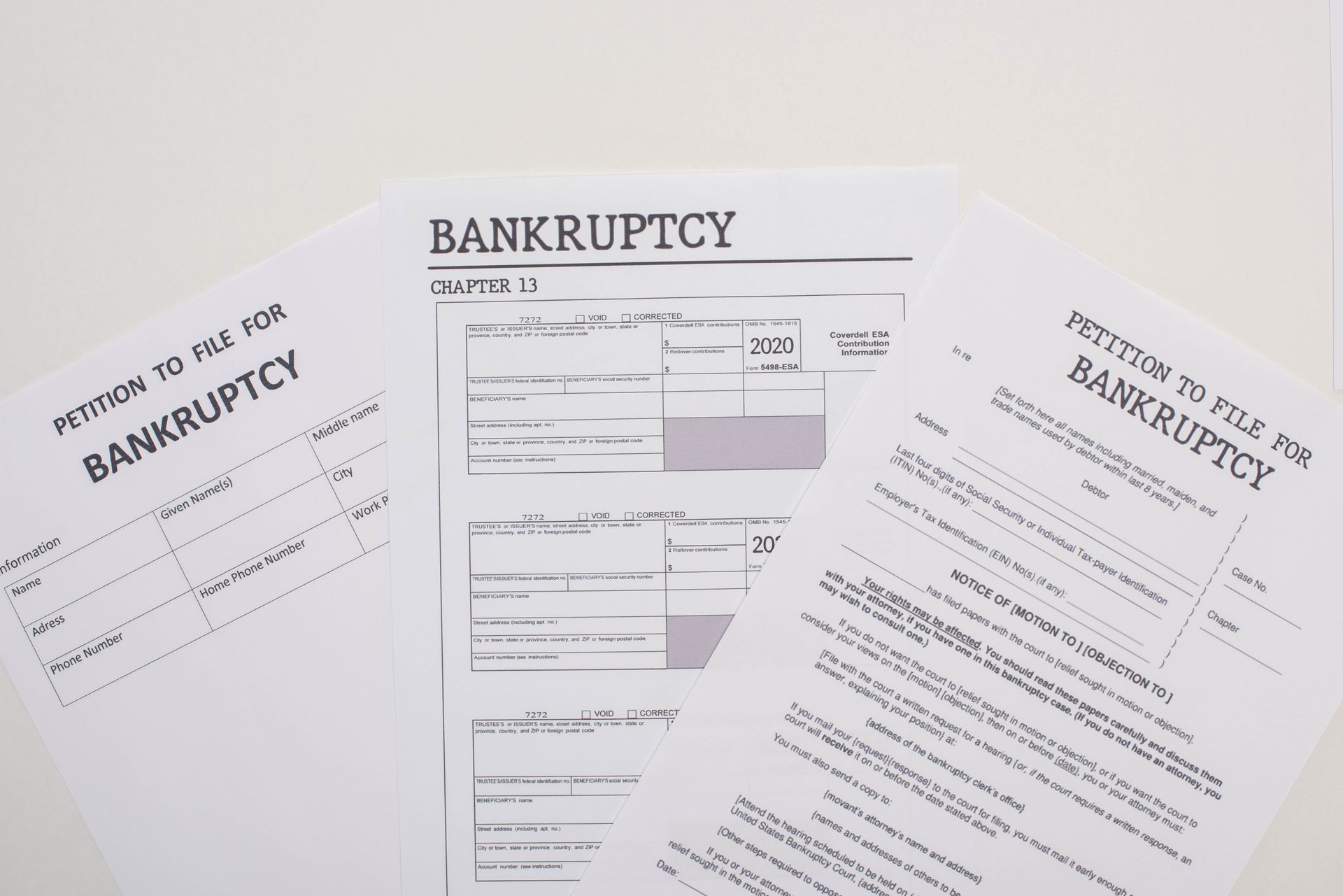
07 Feb, 2024
Filing for bankruptcy can be a daunting decision for anyone. However, if you are struggling with overwhelming debt, it may be the best option for you. In Colorado, there are two primary types of bankruptcy: Chapter 7 and Chapter 13. Each type has its own set of rules regarding what assets can be kept and which debts can be discharged. In this blog post, we'll take a closer look at three common questions that many people have when considering filing for bankruptcy: Can I keep my home and car in Chapter 13 bankruptcy? What assets are exempt in Chapter 7 bankruptcy? And finally, what debts get discharged when I file for Chapter 13 bankruptcy? 1) Can I keep my home and car in Chapter 13 bankruptcy? Chapter 13 bankruptcy is often referred to as reorganization or repayment plan bankruptcy. This means that instead of liquidating your assets to repay creditors like in Chapter 7, you create a payment plan over three to five years to pay off your debts. So, can you keep your home and car in this type of bankruptcy? The answer is generally yes! As long as you continue making payments on these assets through your repayment plan, you should be able to keep them. 2) What assets are exempt in Chapter 7 bankruptcy? Chapter 7 is often referred to as liquidation bankruptcy because some of your assets may need to be sold off to pay back creditors. However, certain types of property are considered exempt under Colorado law. This means that they cannot be taken from you by the court or sold off during the bankruptcy process. Some examples of exempt property include: Your primary residence up to $75,000 in equity A vehicle up to $7,500 equity Personal property such as clothing and household goods Retirement accounts such as 401(k) or IRAs It's important to note that these exemption amounts are subject to change, so it's always best to consult with a bankruptcy attorney for the most up-to-date information. 3) What debts get discharged when I file for Chapter 13 bankruptcy? Chapter 13 bankruptcy can be a great option for those who want to keep their assets but still need debt relief. In this type of bankruptcy, certain debts can be discharged at the end of your repayment plan. These may include: Credit card debt Medical bills Personal loans Past-due utility bills Some tax debts However, it's important to note that not all debts are dischargeable in Chapter 13 bankruptcy. For example, student loan debt is generally not dischargeable unless you can prove undue hardship. 4) How do I know if bankruptcy is right for me? Deciding whether or not to file for bankruptcy is a big decision and should not be taken lightly. It's essential to speak with an experienced bankruptcy attorney who can evaluate your individual circumstances and help you make an informed decision. They can also guide you through the process and ensure that everything is done correctly. Filing for bankruptcy can be a complex and emotional process, but it doesn't have to be scary. Understanding what assets you can keep, what debts may be discharged, and how each type of bankruptcy works is essential. If you're considering filing for bankruptcy in Colorado, it's important to seek out the advice of an experienced attorney who can answer your questions and help guide you through the process.
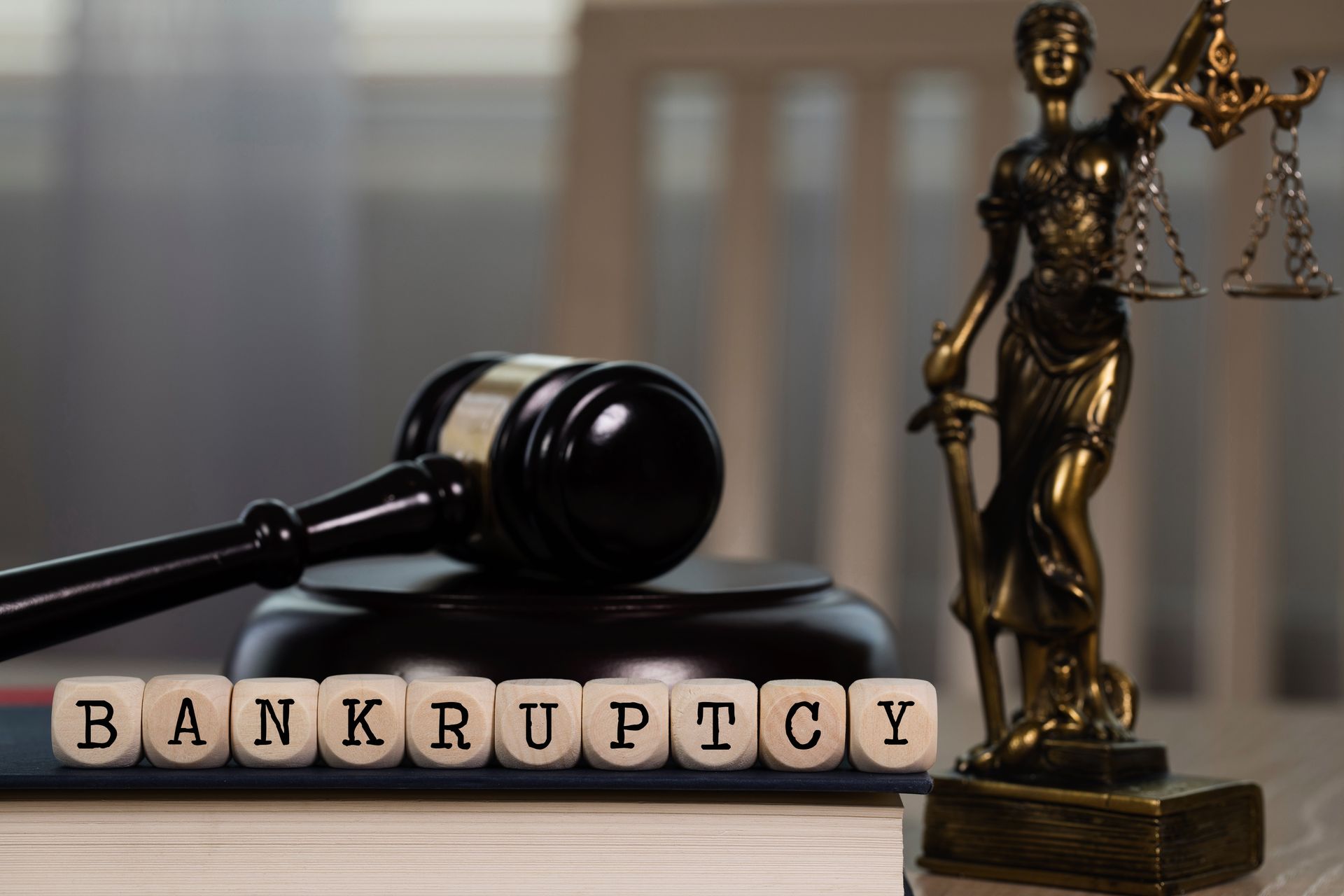
09 Nov, 2023
Being burdened with overwhelming debt can be an incredibly stressful and frustrating experience. It can leave you feeling helpless and like there are no solutions available to help you get back on track financially. Although Chapter 7 bankruptcy is a well-known debt relief option, it is not always the best solution for everyone. In this blog post, we will explore some alternatives to Chapter 7 bankruptcy that may be better suited to your specific financial situation. If you are a Colorado resident struggling with debt, keep reading to learn more. 1. Debt Consolidation: Debt consolidation is a common solution for people who owe money to multiple creditors. This process involves taking out a loan to pay off several debts, leaving you with a single loan payment to manage each month. The benefits of debt consolidation are that you may be able to secure a lower interest rate on your consolidated loan, and you will only have one monthly payment to worry about, which can make managing your debt much more manageable. 2. Debt Management Plan: A debt management plan is another option for managing debt and is often used in conjunction with debt consolidation. This plan is a structured repayment schedule that is agreed upon by you and your creditors. Under this plan, you would make a single payment each month to a credit counseling service, which would then distribute your payments to your creditors according to the agreed-upon schedule. 3. Debt Settlement: Debt settlement is a solution that involves negotiating with your creditors to pay off your debt for less than what you owe. While this option is not suitable for everyone, it can be incredibly beneficial if you have a significant amount of debt that you are unable to pay back in full. Debt settlement entails negotiating with your creditors to forgive a portion of your debt, and then paying the remaining amount in a lump sum or over time. 4. Consumer Proposal: A consumer proposal is a debt payment plan that is legally binding for both you and your creditors. Under this plan, you would make a single monthly payment to a licensed insolvency trustee, who would then distribute your payment to your creditors. One significant advantage of a consumer proposal is that your creditors are not allowed to continue harassing you for payment once the proposal has been approved. 5. Paying Off Your Debts on Your Own: This solution may seem obvious, but it is often the most effective way to manage your debts, especially if they are not overly excessive. Paying off your debts on your own requires that you create a plan and stick to it to reduce your debts over time. This plan may include measures such as cutting back on expenses, working overtime, or even taking on additional jobs or freelance work. Although Chapter 7 bankruptcy is one option available to manage overwhelming debt, it is not always the best solution for everyone. Alternatives such as debt consolidation, debt management plans, debt settlement, consumer proposals, and paying off your debts on your own may be better suited to your specific financial situation. If you are a Colorado resident struggling with debt, consult with a licensed insolvency trustee to learn more about your options and decide which solution is best suited to your needs. By taking action sooner rather than later, you can take control of your finances and get back on track to achieving your financial goals.
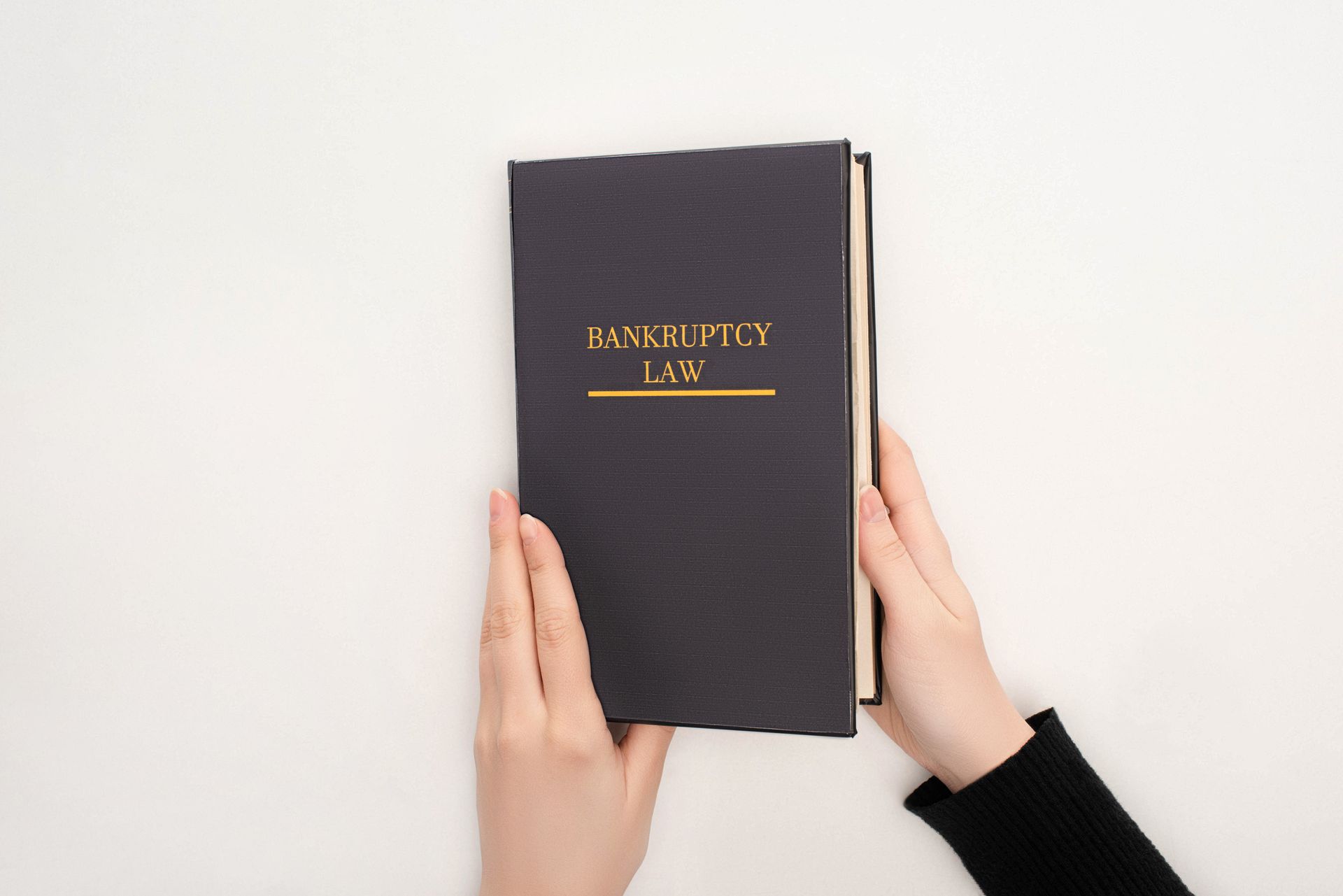
20 Oct, 2023
Bankruptcy is a legal process that provides relief to individuals and businesses who are struggling with overwhelming debt. For individuals, there are two common types of bankruptcy: Chapter 7 and Chapter 13. In this blog post, we will focus on Chapter 7 bankruptcy and explain how often you can file for it in Colorado. Additionally, we will discuss whether it is possible to file for Chapter 7 bankruptcy more than once. Chapter 7 bankruptcy is also known as a "liquidation" bankruptcy. This means that the bankruptcy court may sell some of your assets to pay off your creditors. However, many types of property are protected by exemptions under Colorado law and can be kept by the debtor. In order to be eligible for Chapter 7 bankruptcy, you must pass the "means test," which compares your income to the median income for your household size in Colorado. If your income is below the median, you can file for Chapter 7 bankruptcy. If it is above the median, you may still be eligible if you pass the second part of the means test, which determines whether you have enough disposable income to pay back some of your debts. In Colorado, there is no limit on the number of times that you can file for Chapter 7 bankruptcy. However, there are time limits between filings. If you received a discharge in a previous Chapter 7 case, you cannot file for Chapter 7 bankruptcy again until eight years have passed from the date you filed your previous case. If you received a discharge in a Chapter 13 case, you cannot file for Chapter 7 bankruptcy again until six years have passed from the date you filed your previous case. If you file for Chapter 7 bankruptcy before these time limits have expired, you will not be eligible for a discharge of your debts. If you have filed for Chapter 7 bankruptcy before and received a discharge of your debts, you may be wondering if you can file for Chapter 7 bankruptcy again. The answer is yes, but there are some restrictions. If you received a discharge in your previous Chapter 7 case, you cannot receive another discharge of your debts in a new Chapter 7 case until eight years have passed from the date you filed your previous case. However, you may still be able to file for Chapter 7 bankruptcy and use it to eliminate certain debts, such as medical bills or credit card debt, that were not discharged in your previous case. If you are considering filing for bankruptcy in Colorado, it is important to work with an experienced bankruptcy attorney who can help you understand your options and make the best decisions for your financial situation. Bankruptcy can be a complex and emotional process, but it can also provide a fresh start and relief from the stress of overwhelming debt. A bankruptcy attorney can help you navigate the bankruptcy process and ensure that you are taking full advantage of all the benefits of bankruptcy. In conclusion, if you are struggling with overwhelming debt in Colorado, Chapter 7 bankruptcy may be an option for you. There is no limit on the number of times you can file for Chapter 7 bankruptcy, but there are time limits between filings. Additionally, if you received a discharge of your debts in a previous Chapter 7 case, you cannot receive another discharge until eight years have passed from the date you filed your previous case. However, bankruptcy is a complex process and it is important to work with an experienced bankruptcy attorney who can help you understand your options and make the best decisions for your financial situation. Bankruptcy can provide relief from overwhelming debt and a fresh start for your financial future.
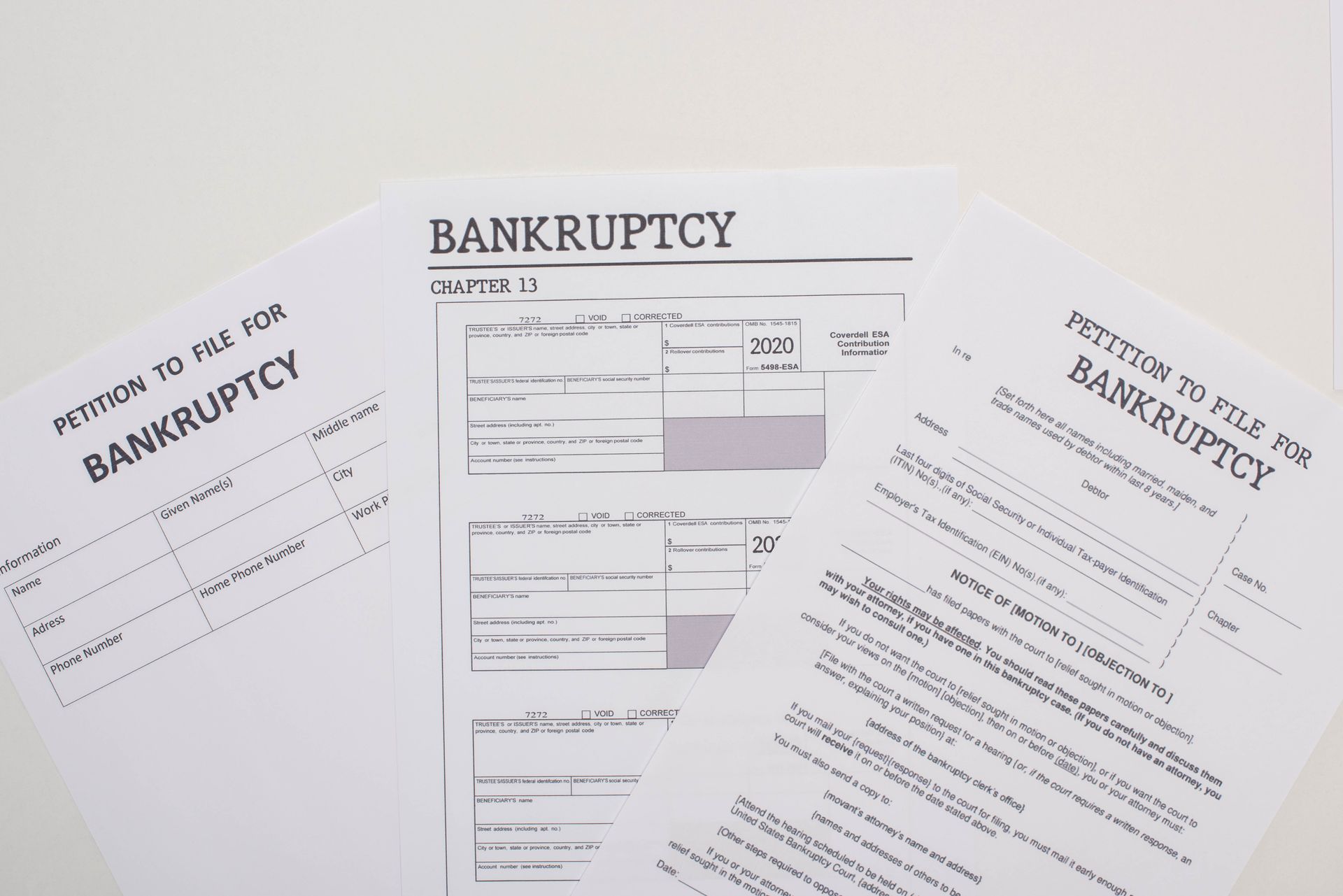
By Andrew McKenna
•
28 Sep, 2023
Filing for bankruptcy can be a difficult decision, but it may also provide an opportunity for a fresh start. One of the critical concerns of people considering bankruptcy is protecting their assets, including their homes and cars. Fortunately, exemptions are available in Chapter 13 bankruptcy that can allow you to keep your essential assets while still getting out from underneath unmanageable debts. In this blog post, we will discuss the most critical factors to consider when protecting your assets in Chapter 13 Bankruptcy. We'll learn more about the exemptions available, including questions like "is my home exempted in chapter 13 bankruptcy?" and "can I keep my car after I file for chapter 13 bankruptcy?" 1. Understanding Chapter 13 Bankruptcy Chapter 13 bankruptcy is an option for individuals who have a stable income source but find it difficult to keep up with their debts. It is also commonly known as the "wage earner's plan" because it allows you to create a plan to repay some or all of your debts over three to five years. During this period, the debtor is protected from collection efforts, foreclosure, and repossession as long as they make timely payments towards their repayment plan. 2. Exemptions in Chapter 13 Bankruptcy Exemptions in bankruptcy allow the debtor to keep certain assets that would otherwise be liquidated in a Chapter 7 bankruptcy. Each state has its set of exemption laws that dictate what a debtor can keep during a Chapter 13 bankruptcy. In Colorado, exemption laws protect several essential assets, such as the debtor's primary residence, retirement accounts, and personal property such as furniture, clothing, and jewelry. 3. Home Exemptions in Chapter 13 Bankruptcy If you file for Chapter 13 bankruptcy in Colorado, you may be eligible to keep your home through the homestead exemption. This exemption protects up to $75,000 in equity for a single homeowner and $105,000 in equity for a family. If your home has a higher equity value than these set amounts, our bankruptcy attorneys might be able to help you find alternative strategies to keep your home through a Chapter 13 bankruptcy filing. 4. Car Exemptions in Chapter 13 Bankruptcy If you own a car, you might be able to keep it through a Chapter 13 bankruptcy filing. Colorado's bankruptcy laws allow exemptions of up to $7,500 of equity for vehicles. This amount can be combined for more than one car. It is important to note that if you have significant car debt, you must include the payments in your Chapter 13 plan, although this can be either refinanced or restructured to more manageable payments. 5. Why Consult with a Bankruptcy Attorney? While exemptions are available to help you keep some of your essential assets, it's crucial to consult with a bankruptcy attorney to help protect your assets and navigate your debt relief options. Some bankruptcies can be complicated, and consulting with a knowledgeable bankruptcy attorney like Law Offices of Andrew F. McKenna, P.C. can ease the process and help protect your assets while filing for Chapter 13 Bankruptcy. Filing for Chapter 13 bankruptcy can be an excellent option to manage your debts and get a fresh start financially. Understanding exemptions for protecting your assets is a vital step in the bankruptcy process. In Colorado, you can keep your home and car, among other assets, through exemptions available in Chapter 13 bankruptcy. To learn more about bankruptcy options and how our attorneys can help you navigate the process, contact Law Offices of Andrew F. McKenna, P.C. today!
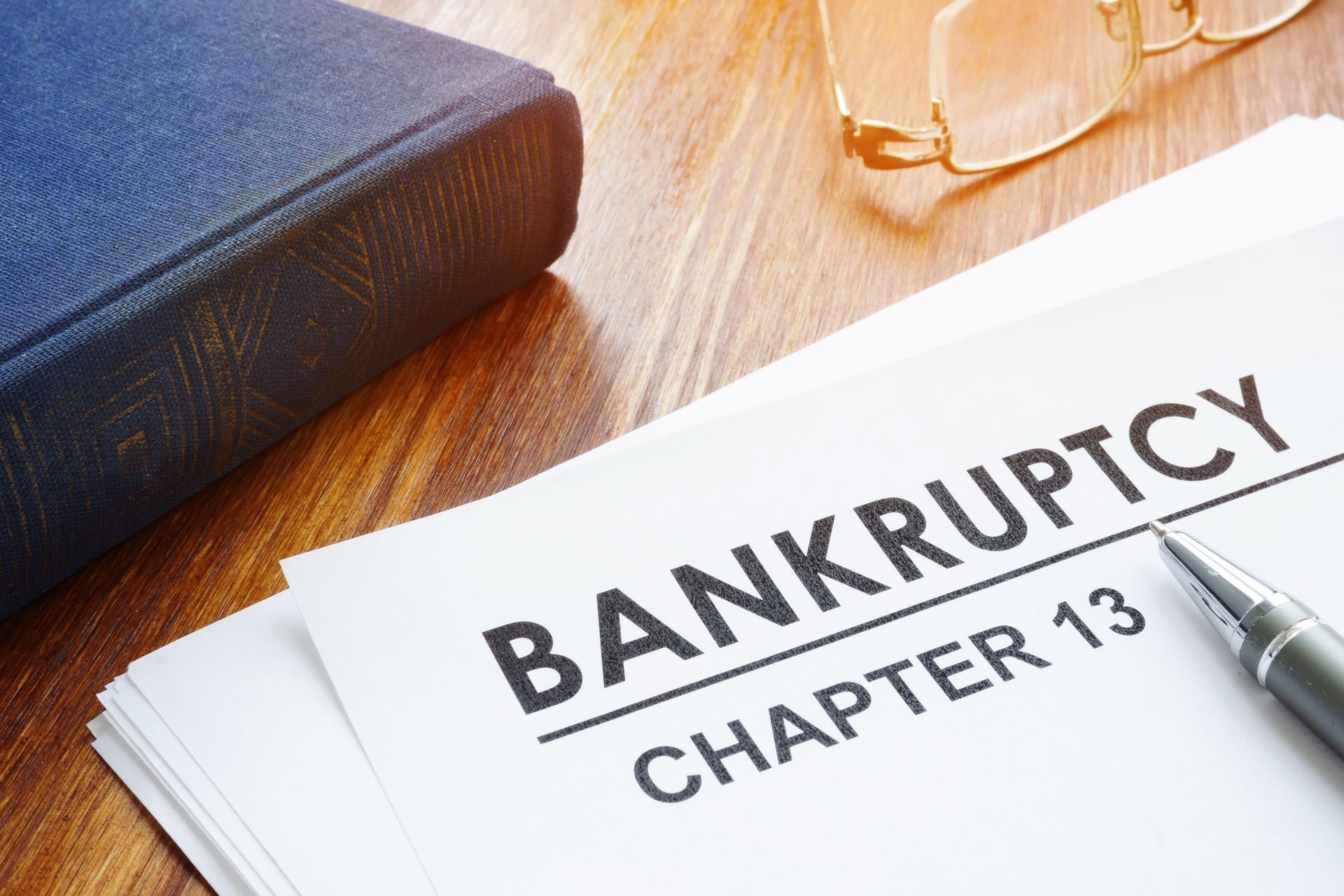
By Andrew McKenna
•
31 Aug, 2023
Have you recently filed for Chapter 13 bankruptcy? Are you worried about the negative impact it might have on your credit score and your ability to get a loan in the future? While bankruptcy can certainly affect your credit score, it’s not the end of the road for your financial future. In fact, Chapter 13 bankruptcy is designed to help you repay your debts over time and allows you to work on improving your credit score during the process. In this blog post, we’ll answer the question you might be asking yourself: Can I rebuild my credit during a Chapter 13 bankruptcy? The answer is a resounding yes, and we’ll show you how. 1. Get a copy of your credit report One of the first steps you should take after filing for Chapter 13 bankruptcy is to get a copy of your credit report. This will allow you to see all of your debts, balances and payment history, as well as identify any errors or inaccuracies that might be negatively affecting your credit score. It’s also important to review your report regularly to ensure that everything is up-to-date and accurate. 2. Make monthly payments on time The most important thing that you can do to rebuild your credit score during Chapter 13 bankruptcy is to make your monthly payments on time. This is key to building up your payment history, which makes up a large portion of your credit score. By making payments on time, you will start to show lenders that you are responsible and reliable when it comes to managing your finances. 3. Establish a new credit account While it might be difficult to obtain a new line of credit during Chapter 13 bankruptcy, it’s still possible. You can apply for a secured credit card that requires a deposit upfront, or you can ask a family member or friend to co-sign on a loan. Just be sure to make all payments on time in order to build up your credit history. 4. Keep your credit utilization low If you are able to obtain a new line of credit during Chapter 13 bankruptcy, it’s important to keep your credit utilization low. This means that you should only use a small portion of your available credit and pay it off in full each month. This shows lenders that you are responsible and only using your credit for necessary purchases, which can improve your credit score over time. 5. Work with a credit counselor Finally, consider working with a credit counselor. They can help you develop a plan to improve your credit score and provide you with advice on how to manage your finances during Chapter 13 bankruptcy. They can also help you identify areas where you can save money and improve your overall financial situation. Filing for Chapter 13 bankruptcy doesn’t mean that your financial future is doomed. By following these tips, you can start to rebuild your credit score during the bankruptcy process and work towards a brighter financial future. Remember: it’s important to be patient, make payments on time, and keep your credit utilization low. You’ll also want to keep a close eye on your credit report and work with a credit counselor to develop a plan for improving your credit score. With time, dedication, and a plan, you can rebuild your credit score and take control of your finances once again.
Schedule a Case Evaluation
Contact us now!
Homepage FCE Form
Thank you for contacting us.
We will get back to you as soon as possible.
We will get back to you as soon as possible.
Oops, there was an error sending your message.
Please try again later.
Please try again later.
By submitting this form, you agree to be contacted by our law firm, either by phone, text or by email.
Hours
- Mon - Fri
- -
- Sat - Sun
- Closed
Evening And Weekend
Appointments Available
We are a debt relief agency. We help people file for bankruptcy relief under the Bankruptcy Code.
The information on this website is for general information purposes only. Nothing on this site should be taken as legal advice for any individual case or situation. This information is not intended to create, and receipt or viewing does not constitute an attorney-client relationship.
© Copyright 2022 | All Rights Reserved | Law Offices of Andrew F. McKenna, P.C. | Powered By Convert It Marketing | Privacy Policy




